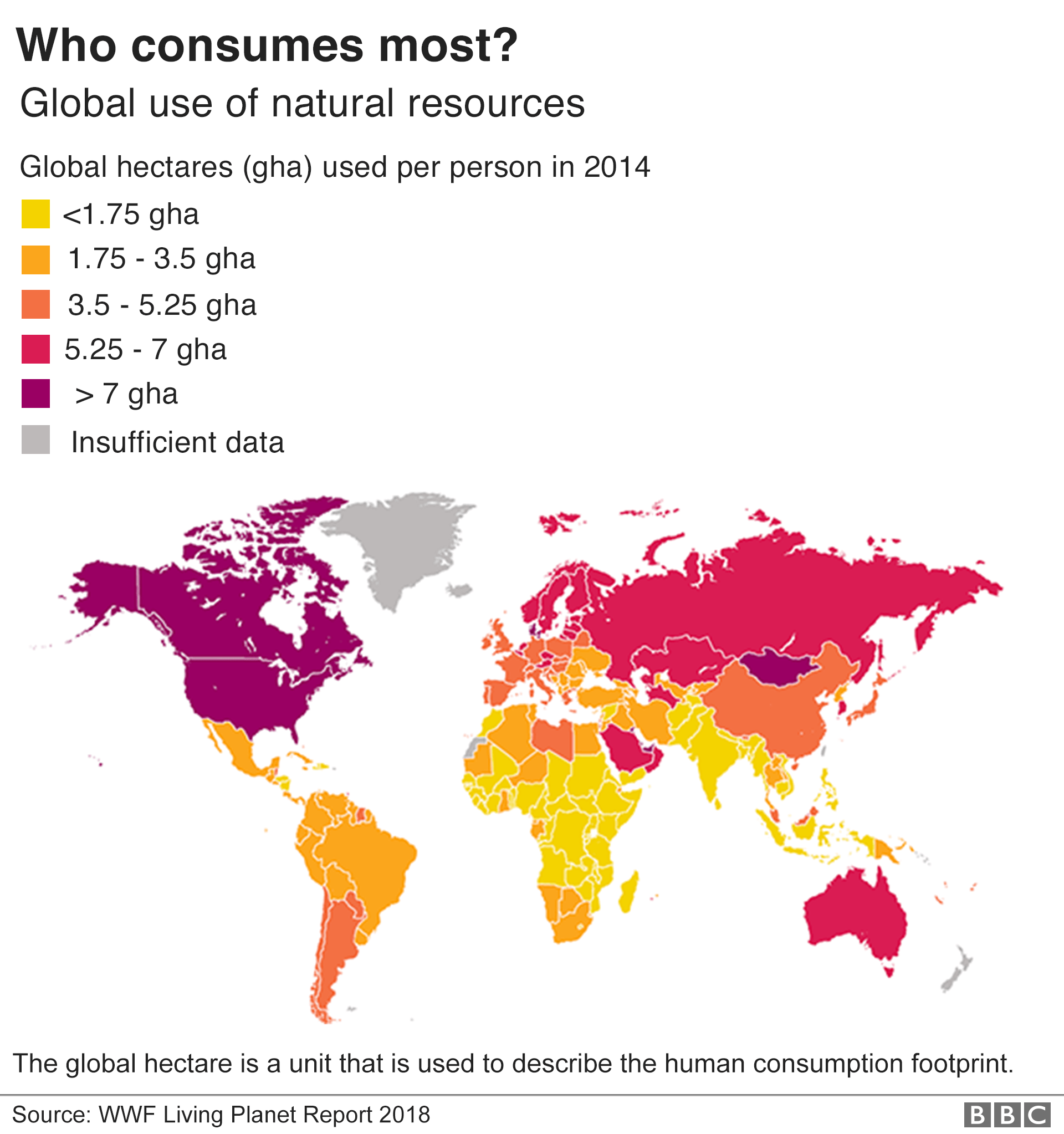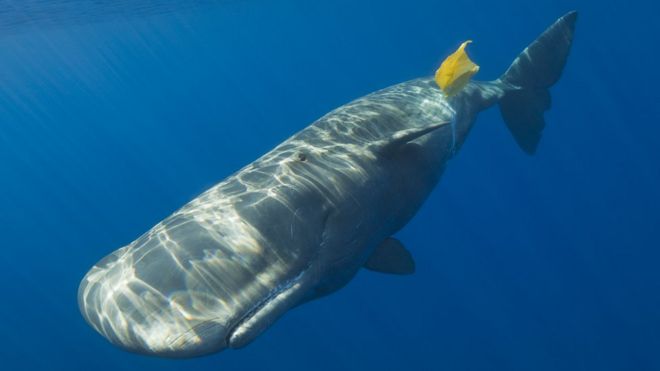Less time - this is not good news as humanity is usually slow and unwilling to adapt to the inconvenient truth - unless it is not possible to ignore it anymore.
Any further delays in effective greenhouse gas reduction by phasing out fossil fuels, restoring forests and wetlands, switching to diversified ecological agriculture, reducing meat consumption, and a more humble lifestyle, would be the devastating as the temperature will rise higher than 1.5C globally with dire effects on catastrophic weather events, heat, flooding, drought and diseases - and it will take hundreds of years to reverse...
 GETTY IMAGES
GETTY IMAGES
The new study says the oceans have absorbed far more heat than previously thought
Startling new research finds large buildup of heat in the oceans, suggesting a faster rate of global warming - The Washington Post
Any further delays in effective greenhouse gas reduction by phasing out fossil fuels, restoring forests and wetlands, switching to diversified ecological agriculture, reducing meat consumption, and a more humble lifestyle, would be the devastating as the temperature will rise higher than 1.5C globally with dire effects on catastrophic weather events, heat, flooding, drought and diseases - and it will take hundreds of years to reverse...
 GETTY IMAGES
GETTY IMAGES
The world’s oceans have been soaking up far more excess heat in recent decades than scientists realized, suggesting that Earth could be set to warm even faster than predicted in the years ahead, according to new research published Wednesday.
Over the past quarter-century, Earth’s oceans have retained 60 percent more heat each year than scientists previously had thought, said Laure Resplandy, a geoscientist at Princeton University who led the startling study published Wednesday in the journal Nature. The difference represents an enormous amount of additional energy, originating from the sun and trapped by Earth’s atmosphere — the yearly amount representing more than eight times the world’s annual energy consumption.
Startling new research finds large buildup of heat in the oceans, suggesting a faster rate of global warming - The Washington Post



